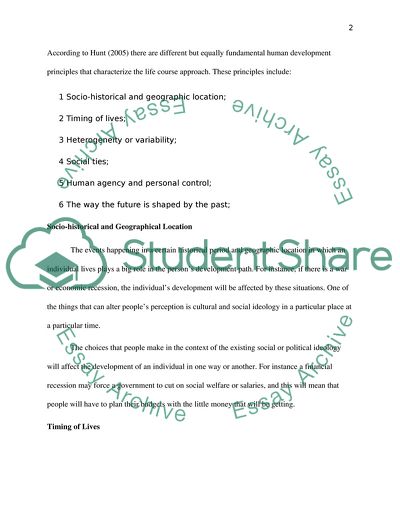Cite this document
(Life Course Development in Social Work Coursework, n.d.)
Life Course Development in Social Work Coursework. Retrieved from https://studentshare.org/social-science/1738889-life-course-development-on-social-work
Life Course Development in Social Work Coursework. Retrieved from https://studentshare.org/social-science/1738889-life-course-development-on-social-work
(Life Course Development in Social Work Coursework)
Life Course Development in Social Work Coursework. https://studentshare.org/social-science/1738889-life-course-development-on-social-work.
Life Course Development in Social Work Coursework. https://studentshare.org/social-science/1738889-life-course-development-on-social-work.
“Life Course Development in Social Work Coursework”, n.d. https://studentshare.org/social-science/1738889-life-course-development-on-social-work.


